
Most states do not have a specific penal code for parental kidnapping. Instead, the crime is covered under general kidnapping laws. Whether or not a parent is charged with kidnapping will depend on three factors.
1. The legal status of the parent
2. Any court orders dictating custody
3. Intent of the parent
If there is no order in place by the court that dictates the custody arrangement between parents, each has equal access and rights when it comes to the children. If neither party has filed for divorce, either parent can exercise custody. If a parent, for example, decides to take their child out of school for the day and leave on vacation, they are well within their rights to do so. It may frustrate the other parent, but it is legal.
On the other hand, if primary custody is granted to one parent and the other decides to leave with the child without notice or permission, it could be considered kidnapping. This is especially true if the court has made a determination as to how custody is to be handled and the rules that each parent must follow.
In some circumstances, the offending parent may not be charged with kidnapping. Instead, they may be charged with contempt of court or interference of custody. Family law court will ultimately make this determination. Parents who have any questions with regards to the legal custody of their children are urged to contact their attorneys before making any decisions as to how they will exercise their rights.
If you are charged with a crime in Orlando and need assistance, reach out to our team of criminal defense attorneys as soon as possible. We will help you schedule an appointment for a free case evaluation, at which time we will discuss the details of your case and advise you of your options.



 In the state of Florida,
In the state of Florida, 
 The crimes of grand theft auto and joyriding seem similar. In fact, they are similar, but there is a distinction between the two that people need to be aware of. The difference between the two crimes? The amount of time the person who took the vehicle intends to keep it.
The crimes of grand theft auto and joyriding seem similar. In fact, they are similar, but there is a distinction between the two that people need to be aware of. The difference between the two crimes? The amount of time the person who took the vehicle intends to keep it.
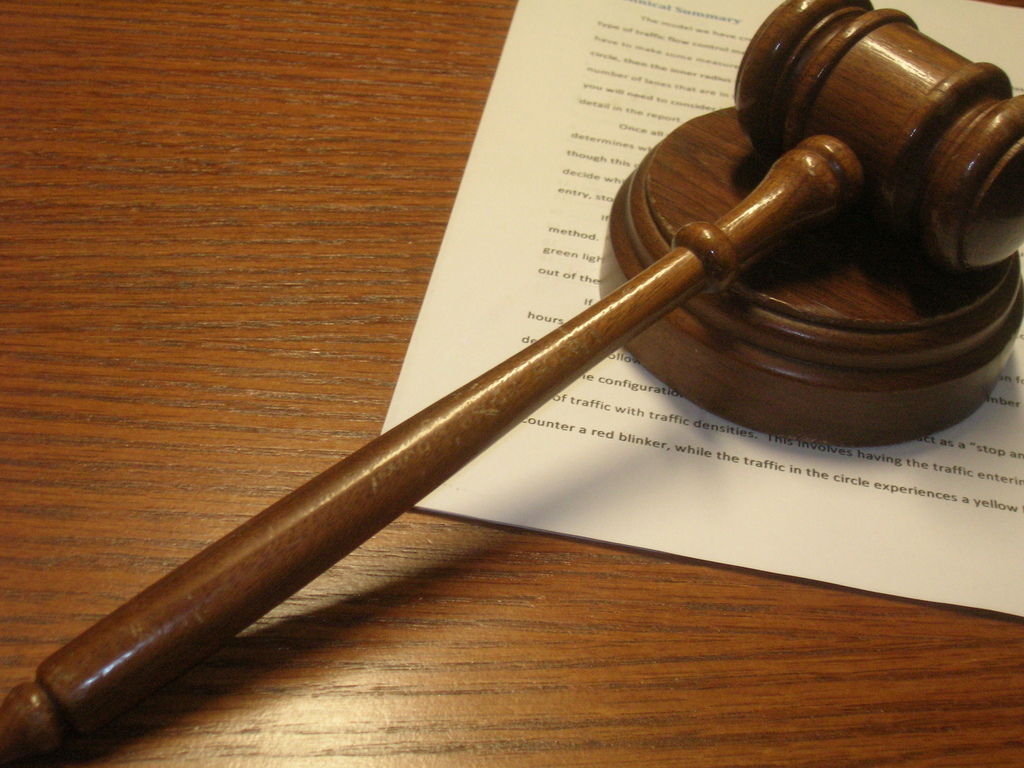
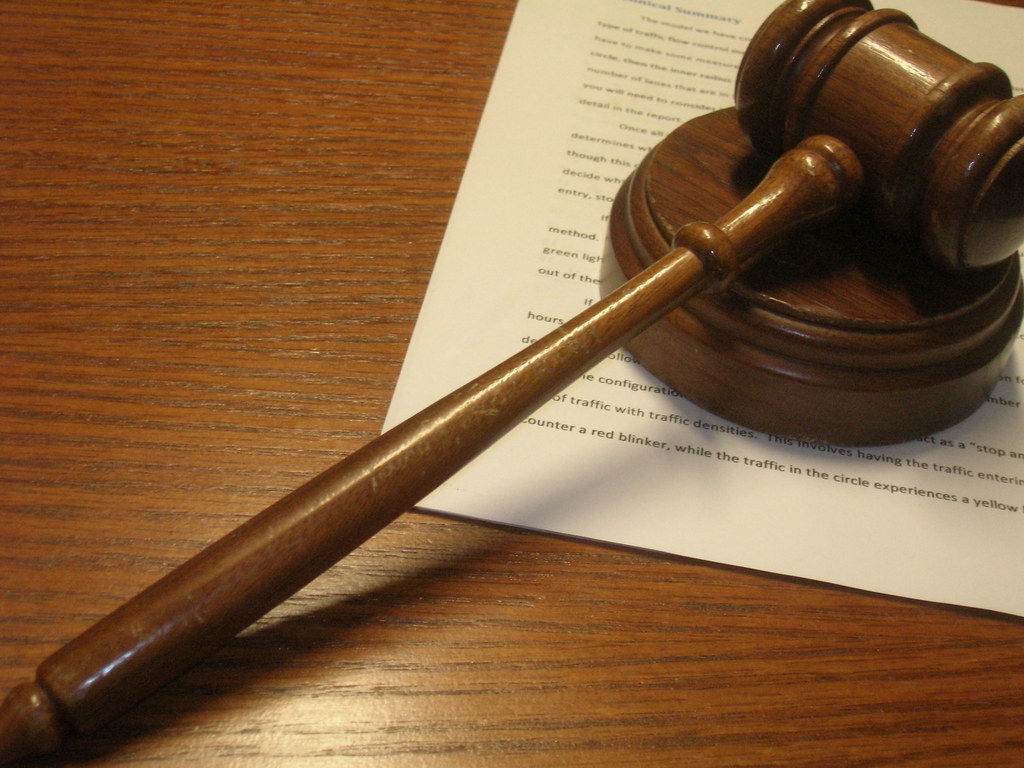 When you are facing criminal charges, you undoubtedly have questions. What is going to happen to you? What do you do next? If this is your first arrest, it is reasonable to assume that you don’t know what to expect. Here is a brief outline of the
When you are facing criminal charges, you undoubtedly have questions. What is going to happen to you? What do you do next? If this is your first arrest, it is reasonable to assume that you don’t know what to expect. Here is a brief outline of the 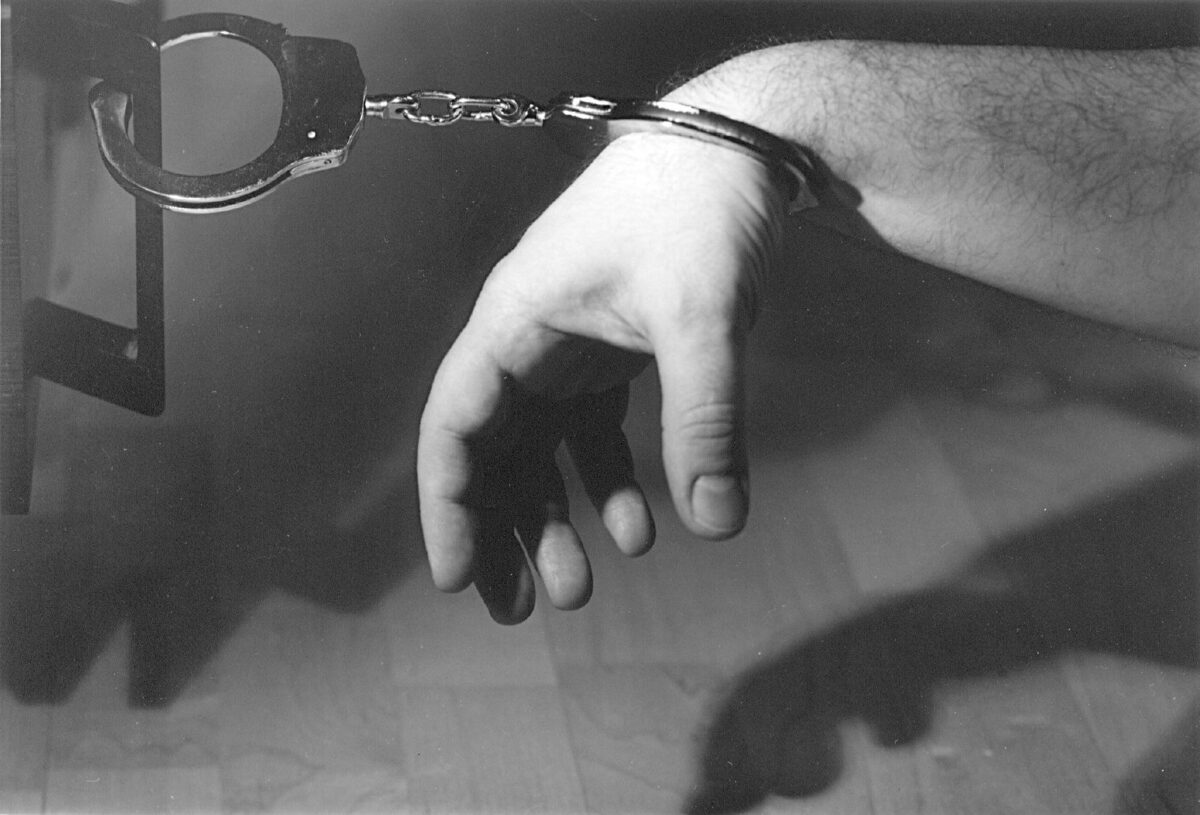
 It seems to make sense that in order to be arrested and charged with a crime, there must be a victim. Crimes like assault, burglary and even
It seems to make sense that in order to be arrested and charged with a crime, there must be a victim. Crimes like assault, burglary and even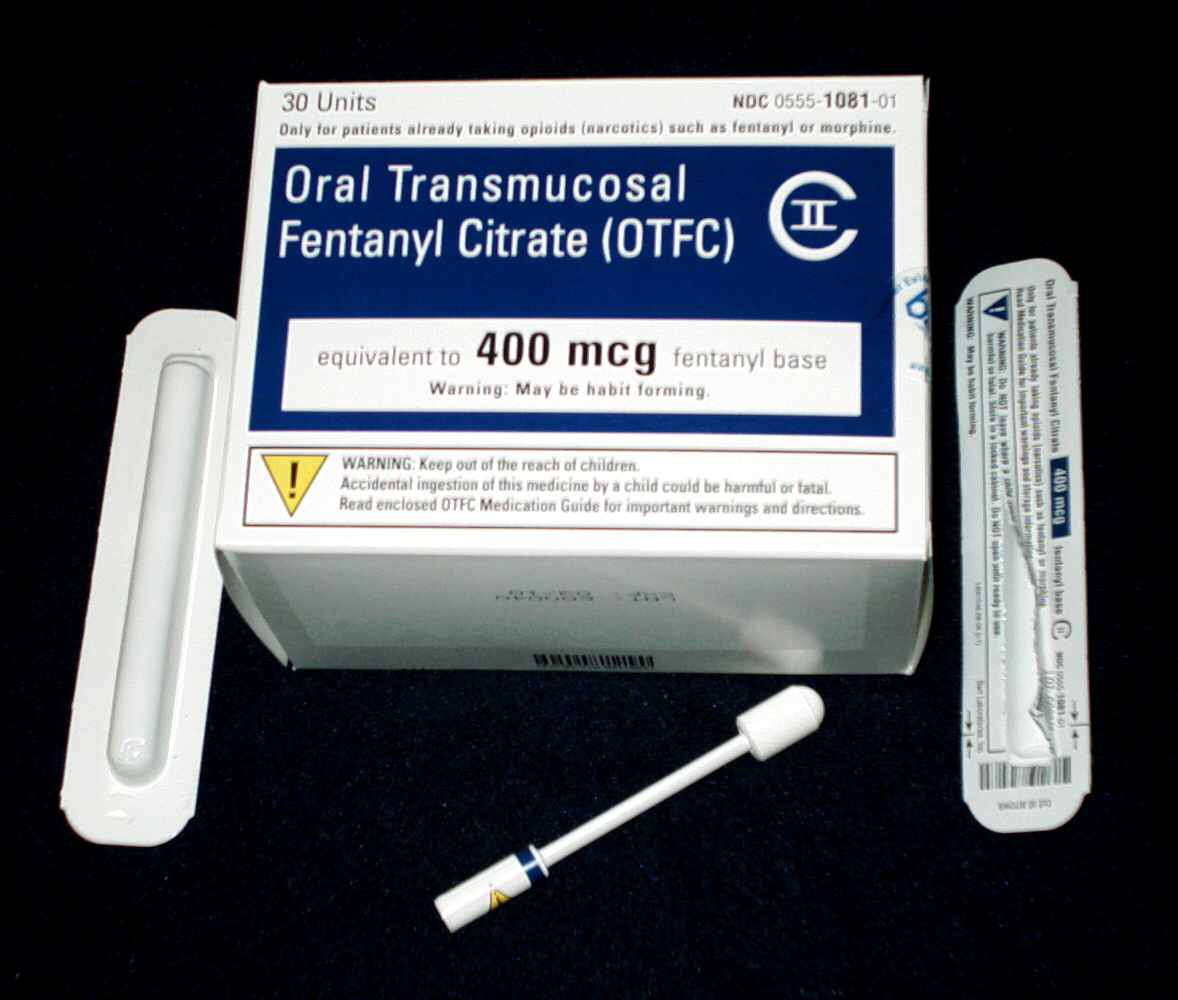 Florida is quickly joining a
Florida is quickly joining a 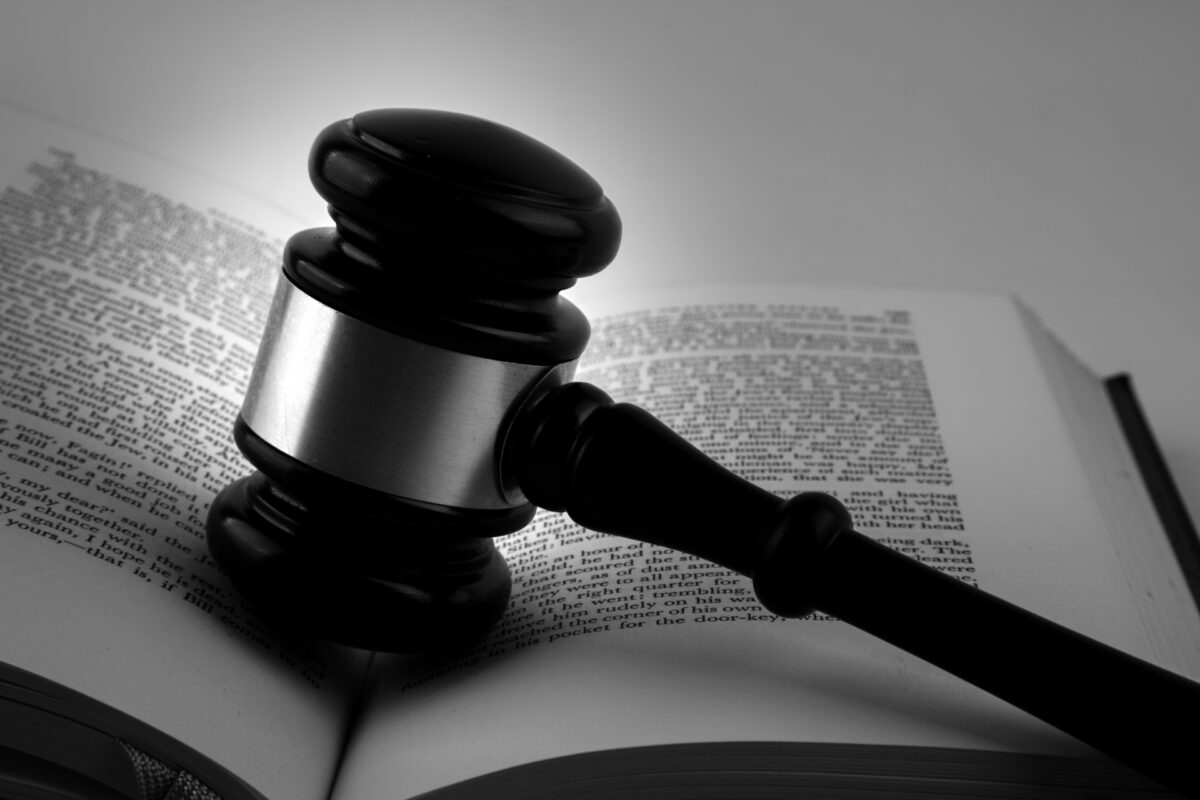
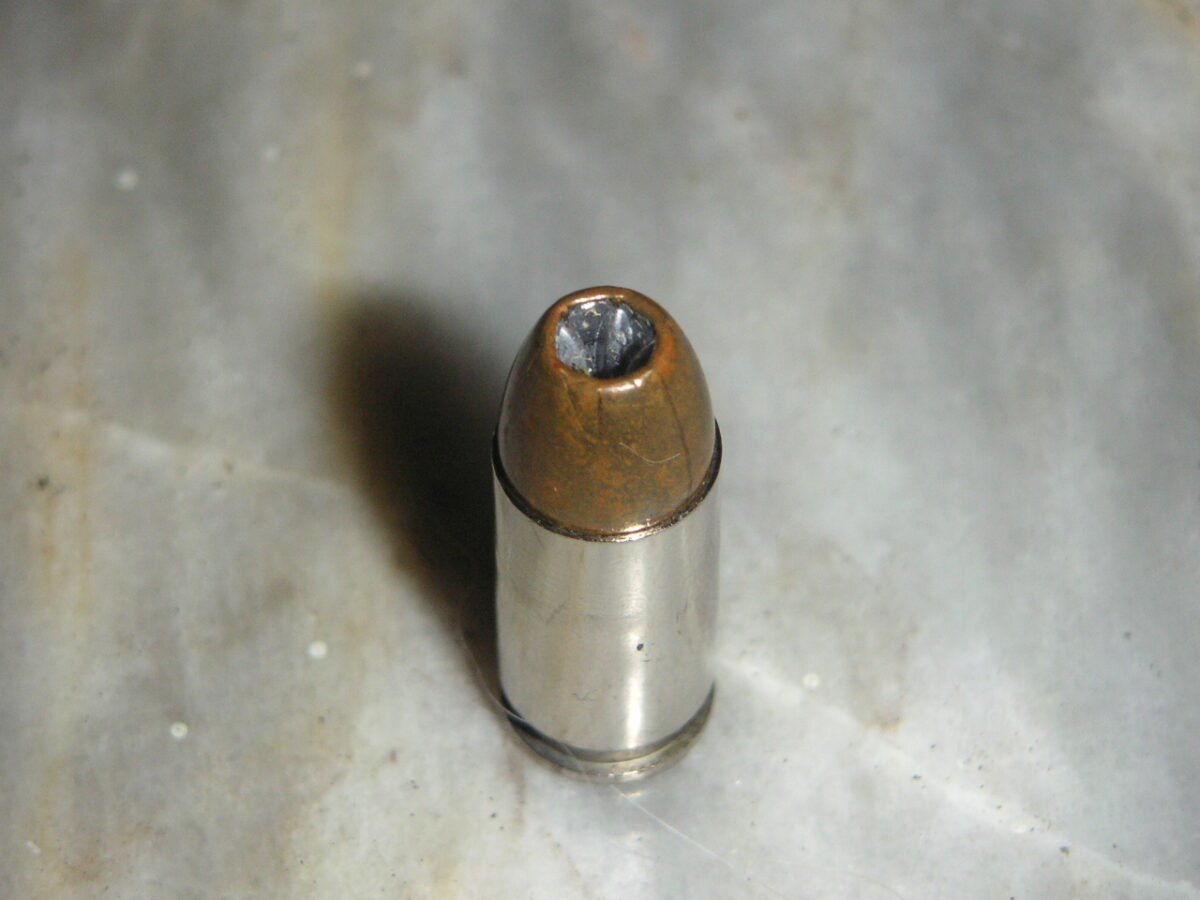

 You were in the store. There was something you wanted. It was just a small thing. You didn’t have money for it, so you took it. Did you do a terrible thing? The answer to that question depends on who you ask but one thing is for sure: If you got caught, you are looking at a criminal case that could turn into a very big deal.
You were in the store. There was something you wanted. It was just a small thing. You didn’t have money for it, so you took it. Did you do a terrible thing? The answer to that question depends on who you ask but one thing is for sure: If you got caught, you are looking at a criminal case that could turn into a very big deal.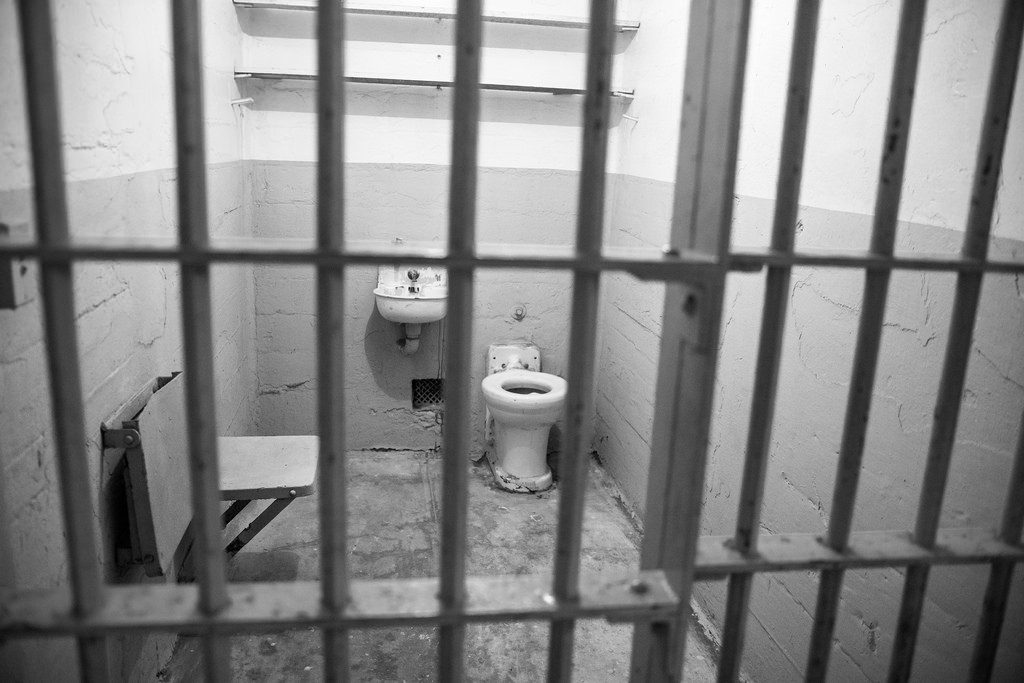
 Earlier in the year, in February to be exact, a new law repealed Florida’s much maligned
Earlier in the year, in February to be exact, a new law repealed Florida’s much maligned 
 On August 18, close to 1,000 students were absent from three Orange County schools as social media threats kept them home. Four schools phoned parents and guardians telling of the threats, but only three schools saw high rates of absences.
On August 18, close to 1,000 students were absent from three Orange County schools as social media threats kept them home. Four schools phoned parents and guardians telling of the threats, but only three schools saw high rates of absences.